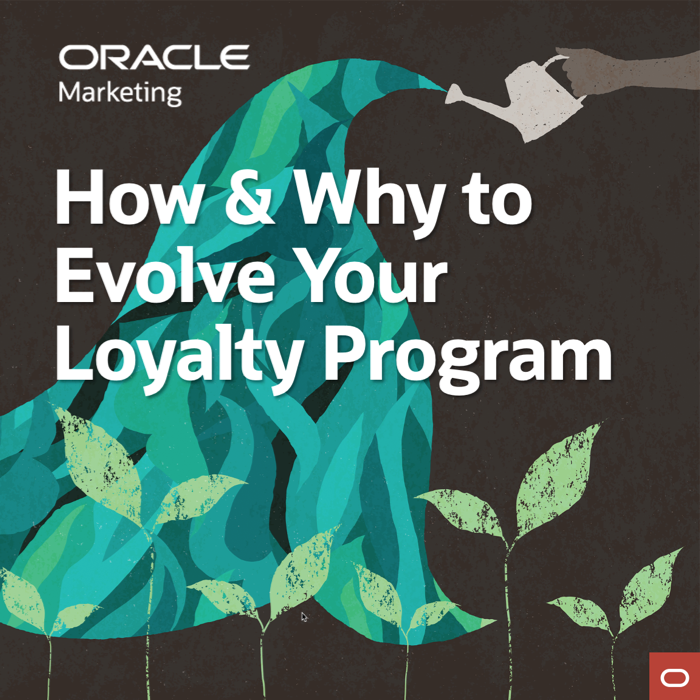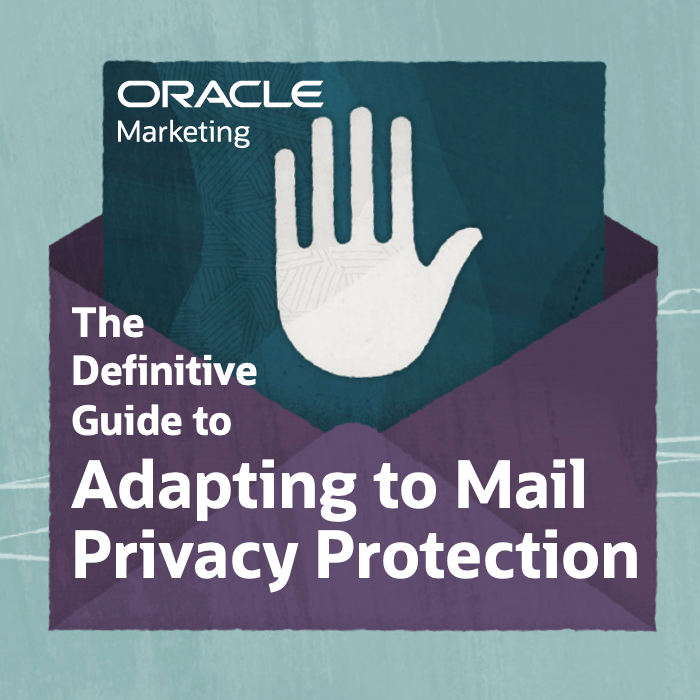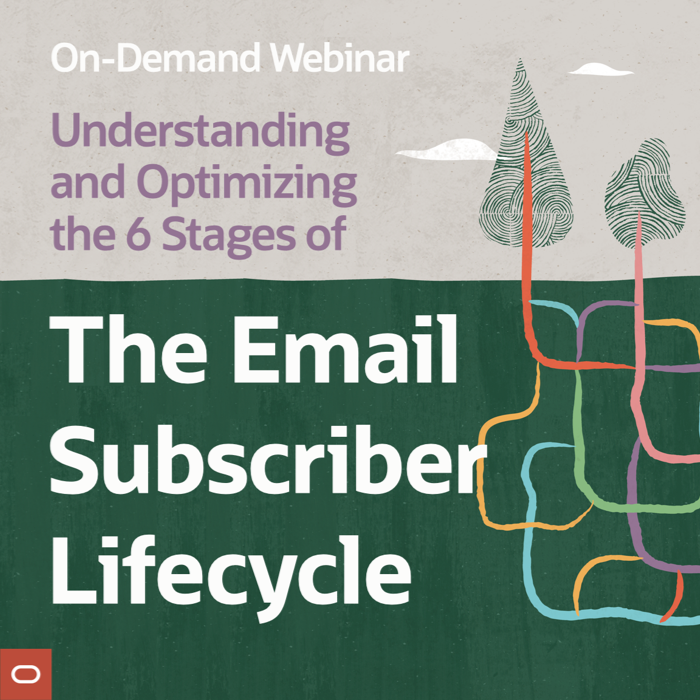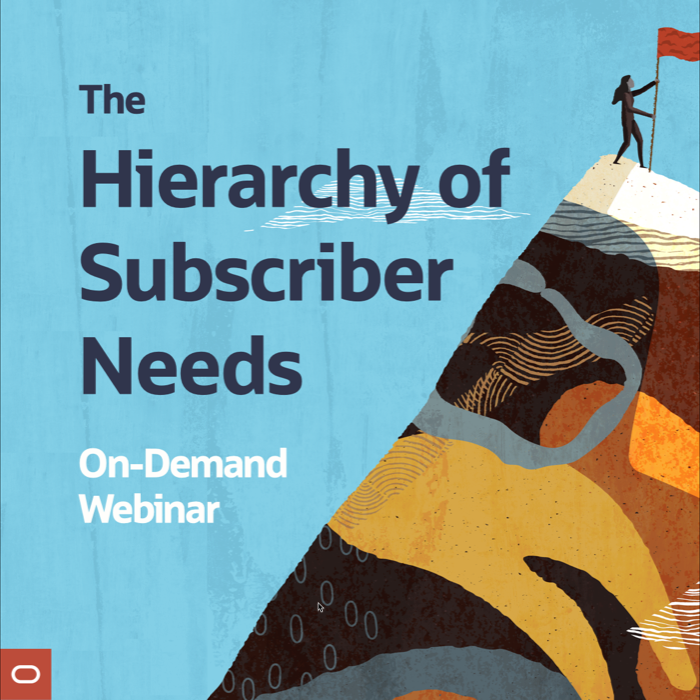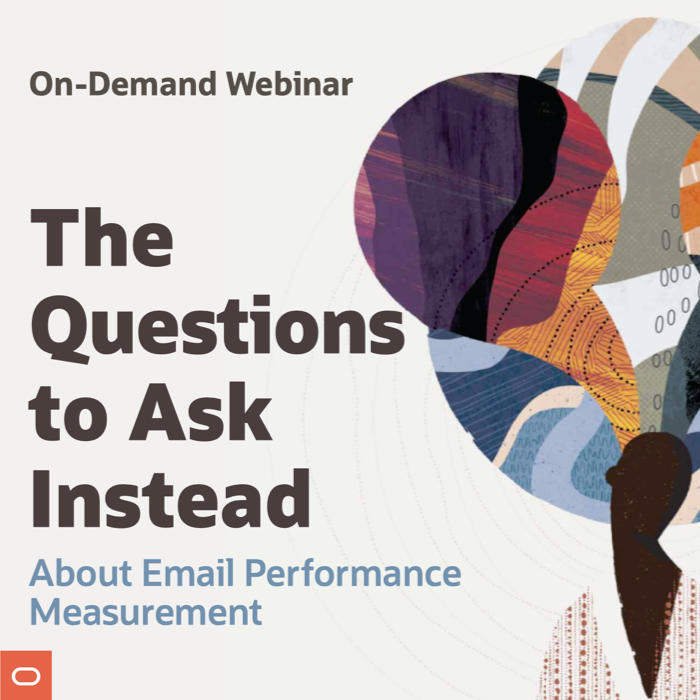The California Consumer Privacy Act Add to Pressure for a New National Standard
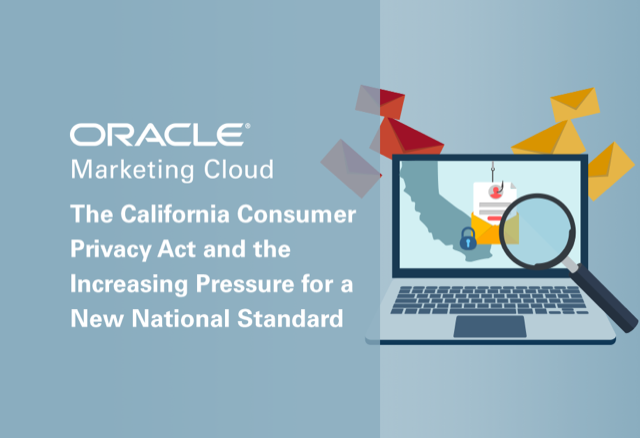
First there was the Canadian Anti-Spam Law (CASL), which went into effect in 2014. Then there was the EU’s General Data Protection Regulation (GDPR), which came into effect in 2018. Now, after years of major corporate data breaches and the Cambridge Analytica scandal, stronger privacy and data protection laws are taking hold in the US, with the California Consumer Privacy Act (CCPA) being the most impactful.
Passed in 2018 and due to go into effect on July 1, 2020, CCPA will add significant privacy protections for Californians and place new burdens on businesses. While the law applies only to residents of California, most businesses have customers in the state and collect private information from customers, so it has broad implications for marketers nationwide.
CCPA is the most sweeping consumer privacy legislation ever passed in the US and gives consumers broad control over personal information collected by businesses. The law is not specific to any one digital channel, but spans all channels where personal information is collected, stored, and used by marketers.
Californians will have the following rights under the law:
- Right to know what personal information is being collected and whether it is sold or disclosed and to whom
- The right to say no to the sale of personal information
- The right to access their personal information
- The right to equal service and price when privacy rights are exercised
In this blog post, Oracle Marketing Cloud Consulting’s Brian Sullivan explains how the California Consumer Privacy Act affects marketers, in addition to discussing the actions being taken by others states besides California.
 Email Marketing Rules
Email Marketing Rules















